HEIF Small Fund – Round 4 Open For Applications
Bournemouth University has a small amount of funding available to facilitate and enhance research and development collaboration with external partners.
The purpose of the funding is to:
- Enhance external collaborative engagements with industry partners to further the development of innovative projects
- Increase the amount of available funds for research undertaken collaboratively with external partners to patent innovations, enhance technology readiness levels and/or commercialisation
- Encourage future funding bids (such as from Innovate UK) with external partners
Please note: There is flexibility in the way that funds can be used, however due to the spending deadline of 31 July 2021, this final round’s applicants must demonstrate that the spending can be completed by this date, allowing for the 3 week assessment period following the closing date. Any questions regarding funding options or timescales please contact us.
Funding could be used in various ways, for example for consumables, staff, and for travel/events/meetings, provided that a strong case can be made, the assessment criteria is met, and the spending deadline adhered to.
Eligibility/What we can fund
The HEIF Small Fund is open to all researchers across Bournemouth University, including those who are already working with industry partners and those who would like to build up new networks. In particular, the panel would welcome the following types of applications:
- Projects of up to £5,000 which will either facilitate new relationships with external partners or build on existing research collaborations with external partners, support initial prototyping, project/product feasibility and/or market research.
- Subject to the lifting of current restrictions, small travel grants of up to £500 to help facilitate relationship development with organisations. This could be travelling to potential partner sites or networking/funding briefing events Please note, the HEIF Funding Panel will not fund applications relating to conferences.
Due to the nature of this fund, we particularly welcome applications;
- from Early Career Researchers (ECRs)
- that incorporate social sciences and humanities
- that demonstrate research interdisciplinarity
In line with BU2025, we will positively encourage applications from under-represented groups.
Application process
To apply, please read the guidance and complete the application form
Applications must be submitted to heif@bournemouth.ac.uk
Applications will be reviewed by the HEIF Funding Panel (see Panel Information below), with recommendations submitted to the Research Performance and Management Committee (RPMC) monthly. Once a decision has been made, this will be communicated to applicants. We aim to confirm the outcomes within two to three weeks of the closing date for that month.
The closing date is Wednesday 16 June
BU’s Funding Panels and Research Principles
The following funding panels operate to prioritise applications for funding and make recommendations to the Research Performance and Management Committee (RPMC).
There are eight funding panels:
- HEIF Funding Panel
- GCRF Funding Panel
- Research Impact Funding Panel
- Doctoral Studentship Funding Panel
- ACORN Funding Panel
- Research Fellowships Funding Panel
- Charity Impact Funding Panel
- SIA Funding panel
These panels align with the BU2025 focus on research, including BU’s Research Principles
The following BU2025 Principles are most relevant to the HEIF Panel:
- Principle 1 – which recognises the need to develop teams
- Principle 5 – which sets of the context for such funding panels
If you have any questions please email heif@bournemouth.ac.uk
 This week saw saw the publication of two book chapters on very different aspects of university education. First, Prof. Debbie Holley, Dr. Ben Goldsmith and Dr. David Fevyer co-authored ‘Inspiring Learning through Technologies’. This is chapter 5 in the newly published second edition of the textbook Enhancing Teaching Practice in Higher Education published by SAGE [1].
This week saw saw the publication of two book chapters on very different aspects of university education. First, Prof. Debbie Holley, Dr. Ben Goldsmith and Dr. David Fevyer co-authored ‘Inspiring Learning through Technologies’. This is chapter 5 in the newly published second edition of the textbook Enhancing Teaching Practice in Higher Education published by SAGE [1]. 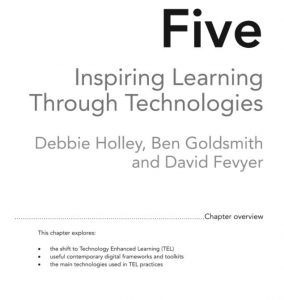
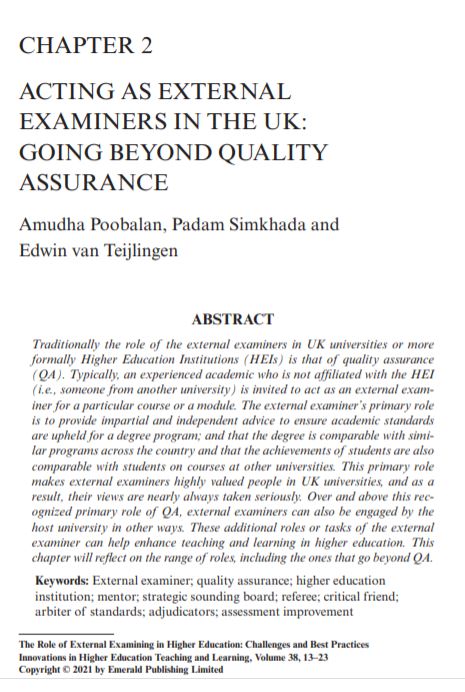


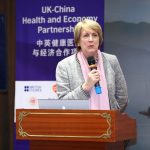
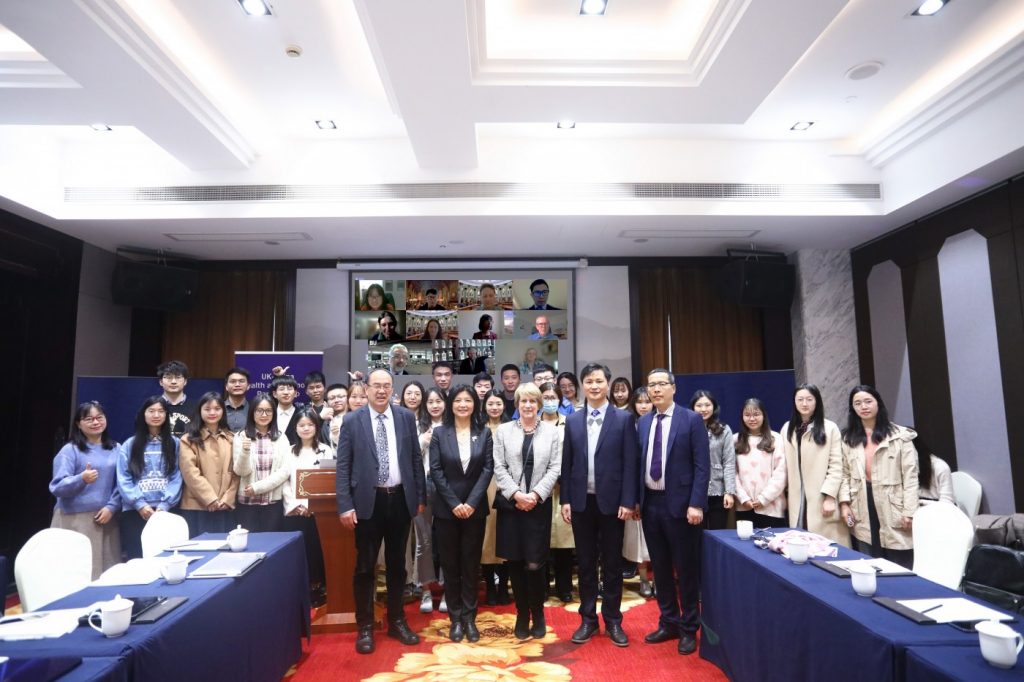
 The RDS Funding Development Briefings occur weekly, on a Wednesday at 12 noon.
The RDS Funding Development Briefings occur weekly, on a Wednesday at 12 noon.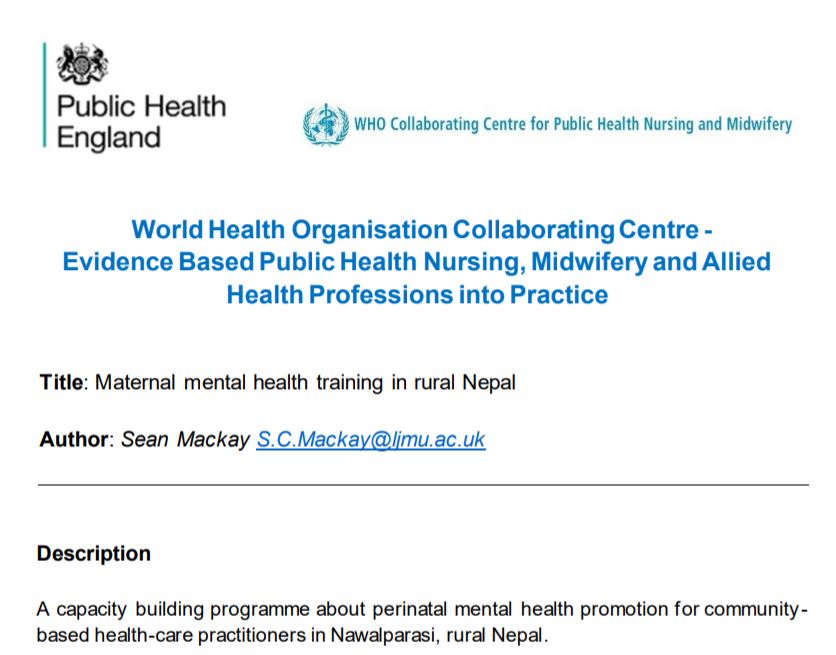
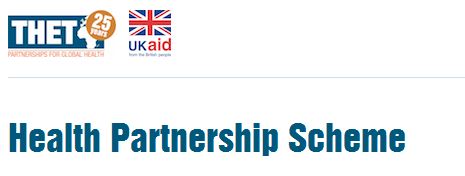
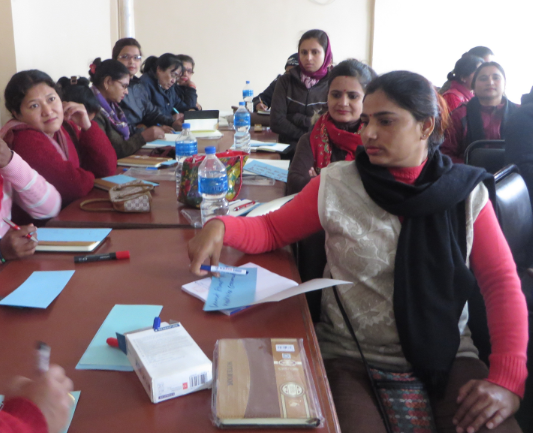

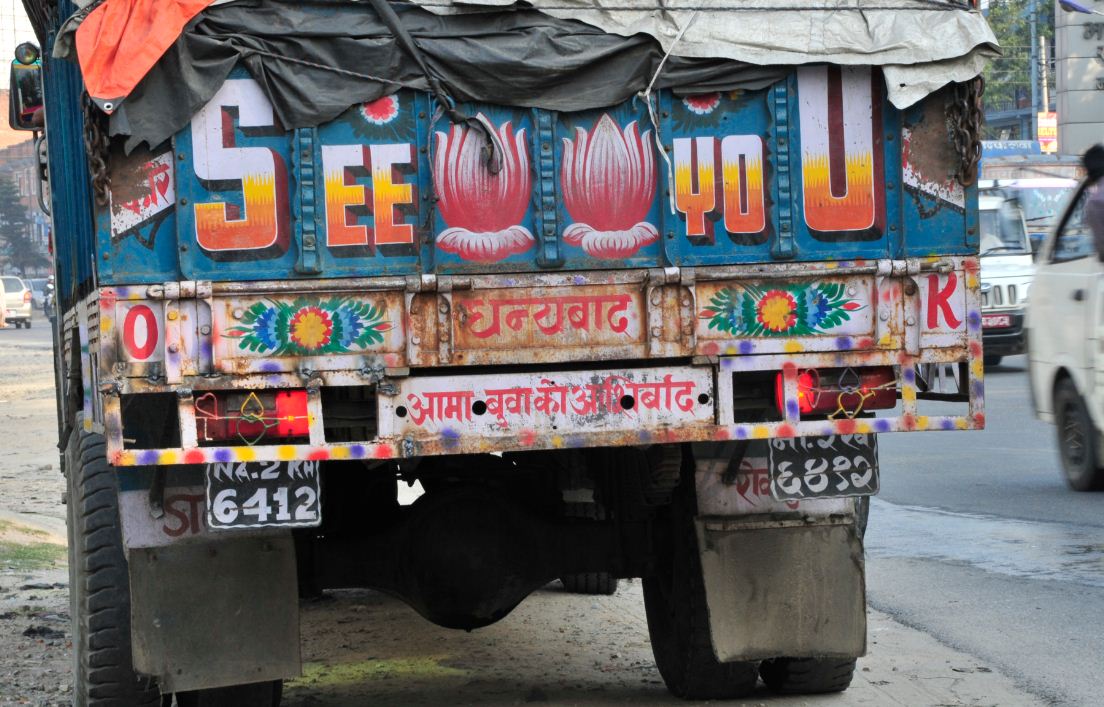
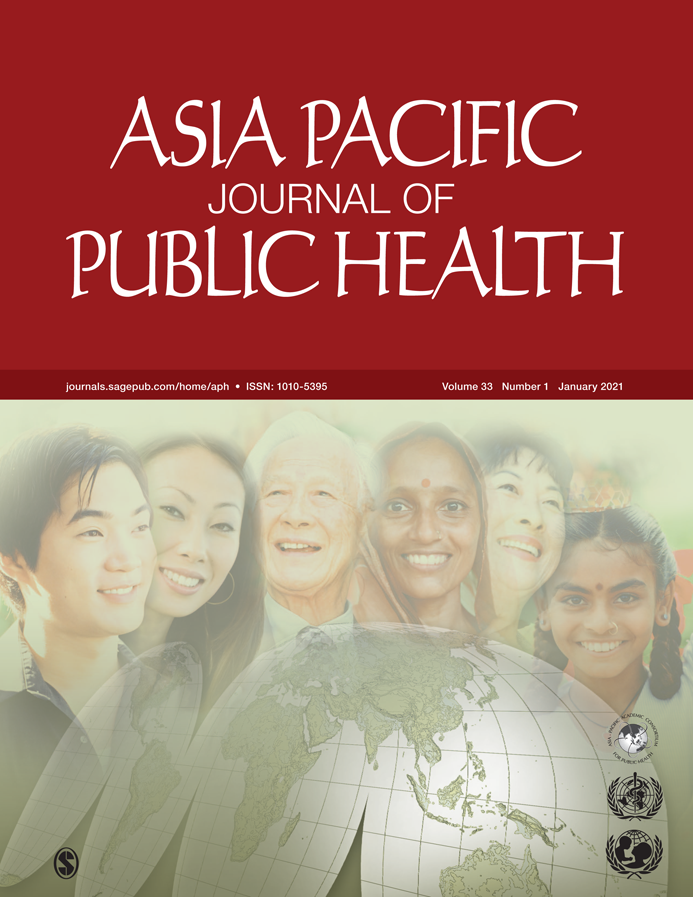
 I joined colleagues in FMC in launching the Science, Health, and Data Communications Research Group, a growing centre of cross-faculty BU researchers creating and researching public communications and education on pivotal topics such as climate change, dementia, mental health, COVID, sustainability, ecology, and more. We are hosting our
I joined colleagues in FMC in launching the Science, Health, and Data Communications Research Group, a growing centre of cross-faculty BU researchers creating and researching public communications and education on pivotal topics such as climate change, dementia, mental health, COVID, sustainability, ecology, and more. We are hosting our 
 I invite you to join us in developing our proposal for Sustainable Storytelling for Science & Health as a
I invite you to join us in developing our proposal for Sustainable Storytelling for Science & Health as a 










 SPROUT: From Sustainable Research to Sustainable Research Lives
SPROUT: From Sustainable Research to Sustainable Research Lives BRIAN upgrade and new look
BRIAN upgrade and new look Seeing the fruits of your labour in Bangladesh
Seeing the fruits of your labour in Bangladesh Exploring Embodied Research: Body Map Storytelling Workshop & Research Seminar
Exploring Embodied Research: Body Map Storytelling Workshop & Research Seminar Marking a Milestone: The Swash Channel Wreck Book Launch
Marking a Milestone: The Swash Channel Wreck Book Launch ECR Funding Open Call: Research Culture & Community Grant – Application Deadline Friday 12 December
ECR Funding Open Call: Research Culture & Community Grant – Application Deadline Friday 12 December MSCA Postdoctoral Fellowships 2025 Call
MSCA Postdoctoral Fellowships 2025 Call ERC Advanced Grant 2025 Webinar
ERC Advanced Grant 2025 Webinar Update on UKRO services
Update on UKRO services European research project exploring use of ‘virtual twins’ to better manage metabolic associated fatty liver disease
European research project exploring use of ‘virtual twins’ to better manage metabolic associated fatty liver disease